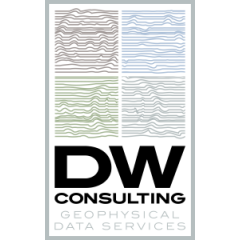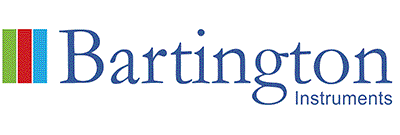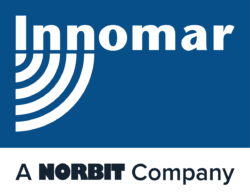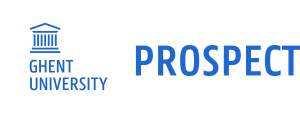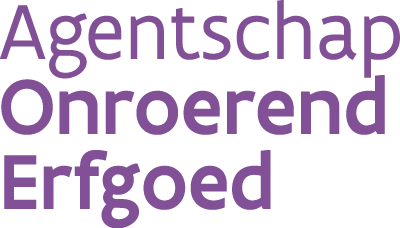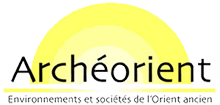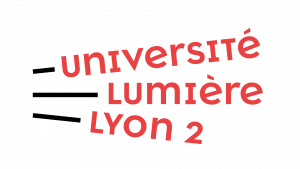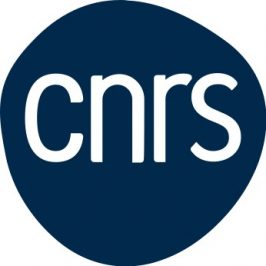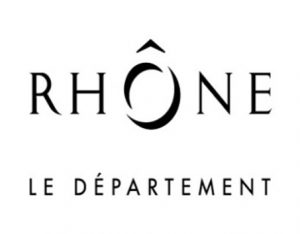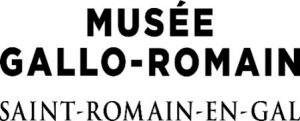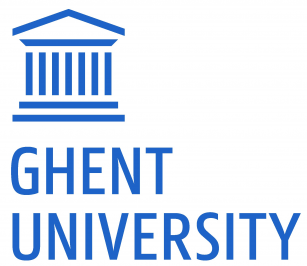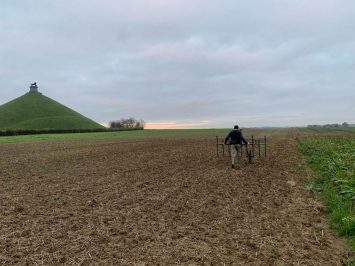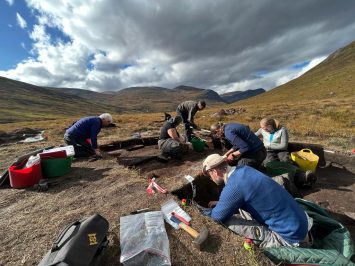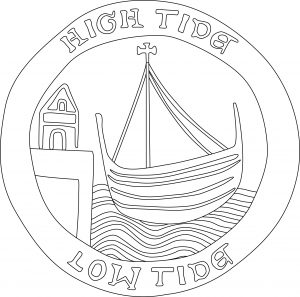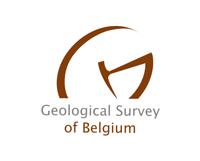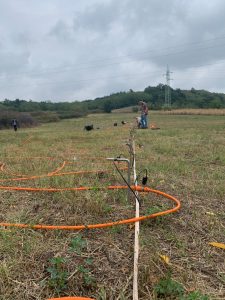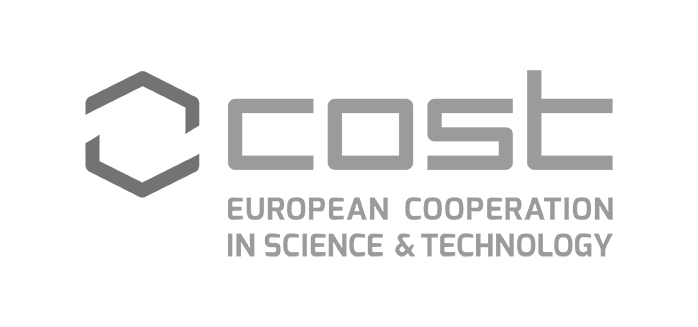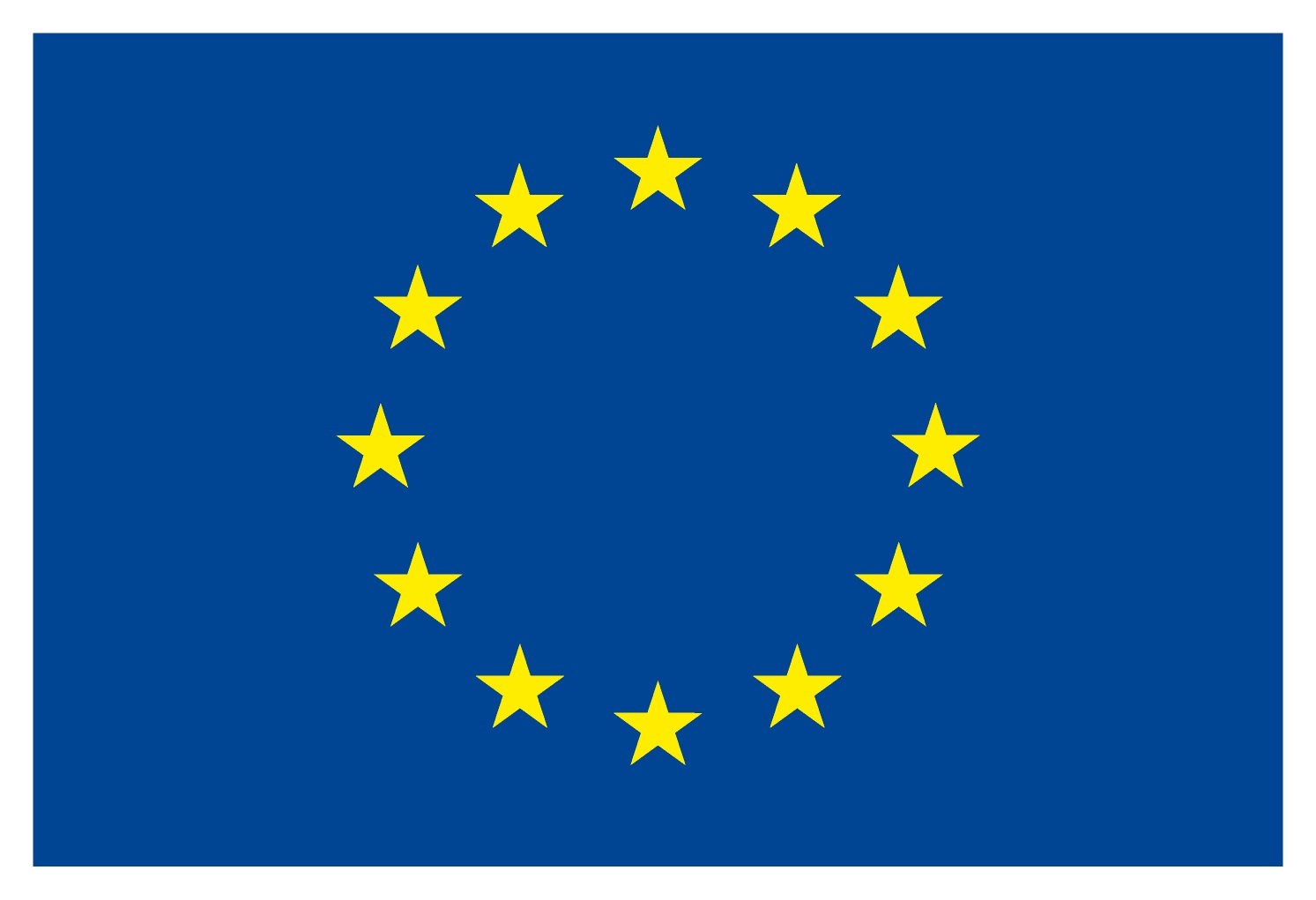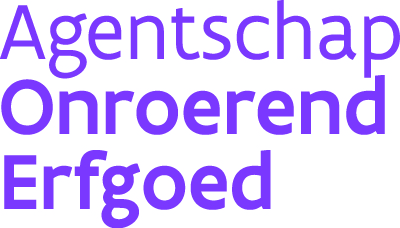
The PROSPECT international thematic network on archaeological prospection at Ghent University, along with its partners, is proud to present the 16th International Conference on Archaeological Prospection in Ghent (Belgium) from 15-20 September, 2025.
On behalf of the International Society for Archaeological Prospection (ISAP), the conference seeks to offer a platform for presenting and discussing the latest advancements and innovative research in archaeological prospection. It will encompass the full range of approaches for detecting, locating, and investigating buried cultural heritage. These span non-invasive techniques such as near-surface geophysics and remote sensing, as well as invasive approaches including borehole survey and trial trenching, alongside the suite of associated methods focused on data processing, visualization, and archaeological interpretation.
Get to know our local organizing committee & scientific committee.
Latest news
Early Bird registration is open!
Follow ISAP on Facebook, X or Linked-in to stay up to date with the latest news on ICA¨P2025.
Join the conversation with #ICAP2025 to network with experts and connect with other attendees!
Meet the ICAP2025 sponsors whose generous support makes this conference possible.
Deadlines
Abstracts
Submission: 6/12/2024 Submission extended to 20/12/2024Review: 20/2/2025- Revision: 20/4/2025
- Notification of acceptance: 1/5/2025
Registration
- Early-bird: 29/03/2025 – 31/05/2025
- Regular: 01/06/2025-29/08/2025
Preliminary program
Monday 15 September
- Pre-Conference workshop: geophysical data processiong for archaeology using Open-Source software (25 places)
- Evening: Welcome to Ghent with reception in the Ghent city hall (50 places)
Tuesday 16 September
- Morning: Registration + Oral paper sessions
- Afternoon: Oral paper sessions
- Evening: Opening Reception at the Gravensteen castle (120 places)
Wednesday 17 September
- Morning: Oral paper sessions
- Afternoon: Oral paper sessions
- Evening: Conference dinner in Chaptre Hall St. Peter’s Abbey (180 places)
Thursday 18 September
- Morning: Oral paper sessions
- Early afternoon: Oral paper sessions
- Late afternoon: Poster session
- PROSPECT partner meeting
- Evening: guided city walk
Friday 19 September
- Morning: Oral paper sessions
- Afternoon: Oral paper sessions
- AGM ISAP
Saturday 20 September
- (optional) Excursion to Bruges and the Zwin region
Sessions & Keynotes
Abstracts
Until the deadline, abstracts can be submitted for scientific poster or oral presentations (max. 15 minutes) that fit within our sessions.
Abstract formats:
- Short abstract: 2 pages, max. 1 image included (poster presentations).
- Extended abstract: 4 pages, max. 3 images included (oral and poster presentations).
- All submissions for oral presentations require an extended abstract.
- For poster submissions, authors can choose to submit either a short or extended abstract.
Submitted conference abstracts will receive two blind peer reviews, proposing revisions and will be published upon acceptance in a special open access issue in ArcheoSciences, revue d’Archéométrie by 15.09.2025.
A printed copy of the conference abstract can be ordered during registration.
Please make sure your abstract follows the author guidelines before submitting.
Fees & Registration
Fees
| Registration type | Registration date | Conference | Pre-Conference workshop* | Welcome reception* | Opening reception* | Conference diner* | Excursion* | Printed abstract book* |
| Early bird reduced** | <1/6/2025 | € 120 | € 15 | € 0 | € 40 | € 80 | € 40 | € 30 |
| Early bird regular | <1/6/2025 | € 220 | € 15 | € 0 | € 40 | € 80 | € 40 | € 30 |
| Regular | >1/6/2025 | € 320 | € 15 | € 0 | € 40 | € 80 | € 40 | € 30 |
** Eligibility criteria:
- for early career practitioners: you will normally have graduated within the last three years and be working in archaeological prospection on a junior level, either paid or voluntarily;
- for students: if you are registered at a university or further education college for a degree or PhD programme.
ISAP conference bursaries
ISAP will provide bursaries to assist ISAP members who are early career practitioners or students who do not have access to substantial other funds to attend.
Details and application forms will be published on the ISAP web site in early April 2025 – https://www.archprospection.org/isap-bursaries-2025/
Register via: https://congrezzo.ugent.be/icap2025/
![]() The conference qualifies as ‘verdiepende opleiding voor erkende archeologen’. Please, provide your recognition number during registration if you’re an archaeologist recognized by the Flemish heritage agency.
The conference qualifies as ‘verdiepende opleiding voor erkende archeologen’. Please, provide your recognition number during registration if you’re an archaeologist recognized by the Flemish heritage agency.
During the event, photos may be taken. These photos may be used across various media channels of Ghent University for marketing purposes, educational purposes, and publications. If you have any questions regarding privacy or the protection of your data, you can consult our privacy statement at https://www.prospect.ugent.be/privacy-statement/ or contact us via PROSPECT@UGent.be .
Locations
Conference venue
Auditorium Franz Cumont, Campus Blandijn, Faculty of Arts and Philosophy (ground plan)
Address: Blandijnberg 2, 9000 Gent, België (view map)
Welcome reception
Adress: Ghent city Hall, Pacification room, Botermarkt 1, 9000 Ghent, Belgium (view map)
Opening reception
Address: Gravensteen, Sint-Veerleplein 11, 9000 Ghent, Belgium (view map)
Conference diner
Address: Sint-Pietersabdij, Sint-Pietersplein 9, 9000 Ghent, Belgium (view map)
Ghent
There are many reasons not to come to Ghent (with ICAP2025 not being one of them!).
Ghent is a captivating Belgian city that blends medieval charm with modern culture. Highlights include Gravensteen Castle, St. Bavo’s Cathedral, and its scenic canals and streets lined with historic buildings. Known for its vibrant arts scene, street art, and numerous museums, Ghent also offers a lively atmosphere fueled by its student population. With cozy cafes, bars, and restaurants, it’s an ideal destination for history enthusiasts, art lovers, and travelers seeking a rich cultural experience.
The most important information for visitors has been compiled on visit.gent.be.
Hotels
We have arranged a direct booking link for conference attendees with the Ghent-hotels non-profit, which arranges bookings without commission and with a 10% discount.
How to get to Ghent?
Videos:
- How to get to Ghent from Brussels Airport Zaventem?
- How to get to Ghent from Brussels-South railway station?
- How to reach Ghent by car?
How to get around Ghent?
Ghent is very bike friendly and has affordable public transport.
Visa
Read all the information about the visa requirements for Belgium.
Social events & Excursion
Social events
- 15/09/2025: Welcome reception at the City Hall.
- 16/09/2025: Opening reception at the Gravensteen (Castle of the Counts).
- 17/09/2025: Conference dinner in the Chapter Room of the Saint Peter’s abbey.
Excursion
The medieval port of Bruges and the Zwin estuary were a dynamic landscape shaped for centuries by the interaction between nature and humans. The Zwin turned Bruges into an economic and cultural hub, with several thriving port settlements along its shores. However, after 1500, Bruges and its ports declined, leaving the medieval landscape as a remnant. The results of more than ten years of archaeological, historical, and geophysical research by Ghent University in Bruges and the surrounding area will be the guideline of the scientific excursion on 20/09/2025.
Pre-Conference workshop
Instructions for presenters
For Poster Presentations
- Poster Format: Prepare your poster in A0 size (841 mm x 1189 mm), in portrait orientation, and bring the printed version to the conference.
- Materials Provided: We will supply the necessary materials to hang your poster.
- Poster Setup: Please hang your poster as soon as you arrive. The posters will remain on display for the conference duration (Tuesday – Friday).
- Poster Pitch: Prepare a concise 2-minute pitch to be presented during the poster session. If you are unable to present it at the conference, a recorded video is required. Please practice your pitch to stay within the 2-minute limit, and feel free to use one slide (of your poster) if it helps illustrate your main points.
- Poster Session: You are required to be present at your poster during the designated poster session on Wednesday afternoon.
For Oral Presentations
- Presentation Format: Prepare your presentation as a PDF or in Microsoft PowerPoint format, and bring it on a USB drive.
- Presentation Timing: Each presentation is allotted 15 minutes, followed by a 5-minute discussion. The session chair will signal you when 2 minutes remain in your presentation time.
- Technical Setup: Please upload your presentation to the conference laptop during the break before your session (refer to the detailed program for timing), or, if you’re presenting in the first session, between 8:30 and 9:00 a.m., or the evening before.
Sponsors & Exhibitors
Commercial sponsors & exhibitors
Academic Sponsors
Are you interested in exhibiting at ICAP 2025? Read more about sponsoring.
Contact
If you can’t find the information you’re looking for on our website, feel free to reach out to us via prospect@ugent.be.
